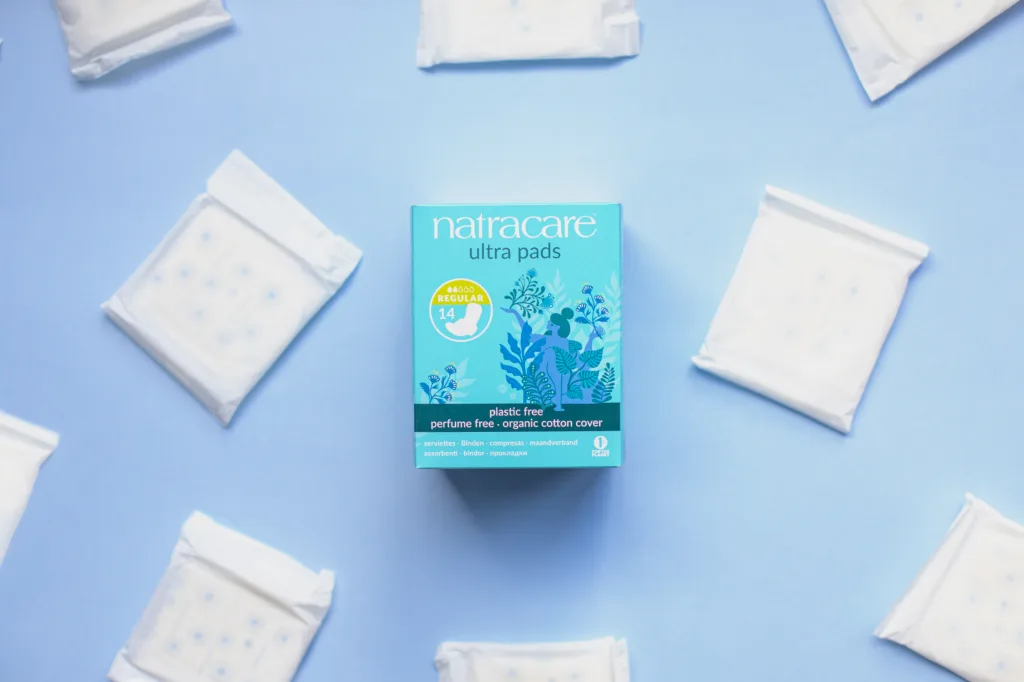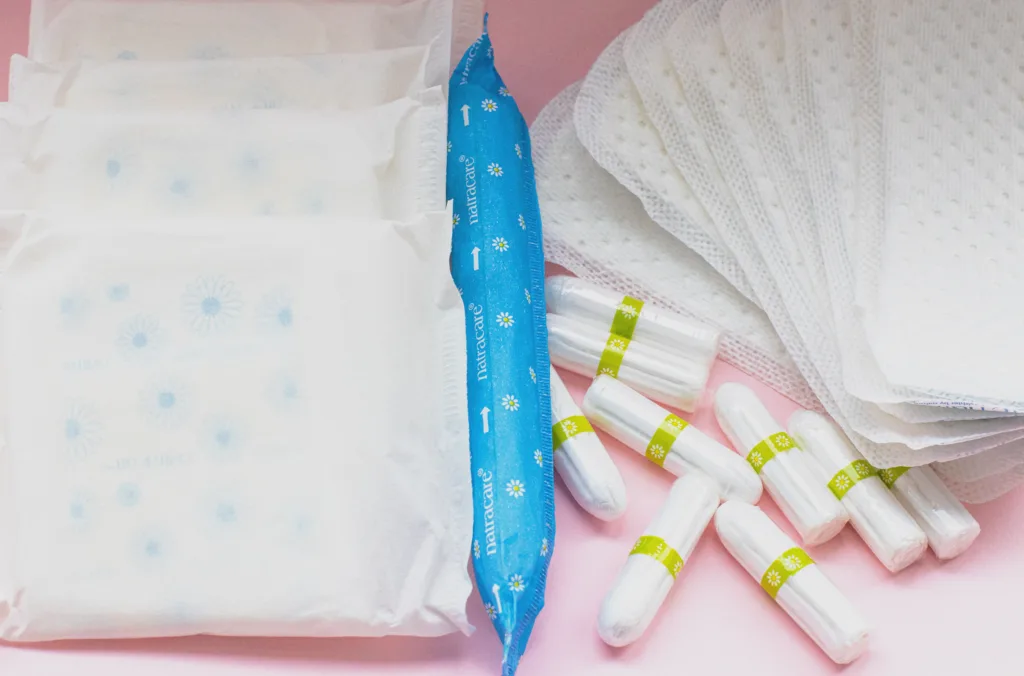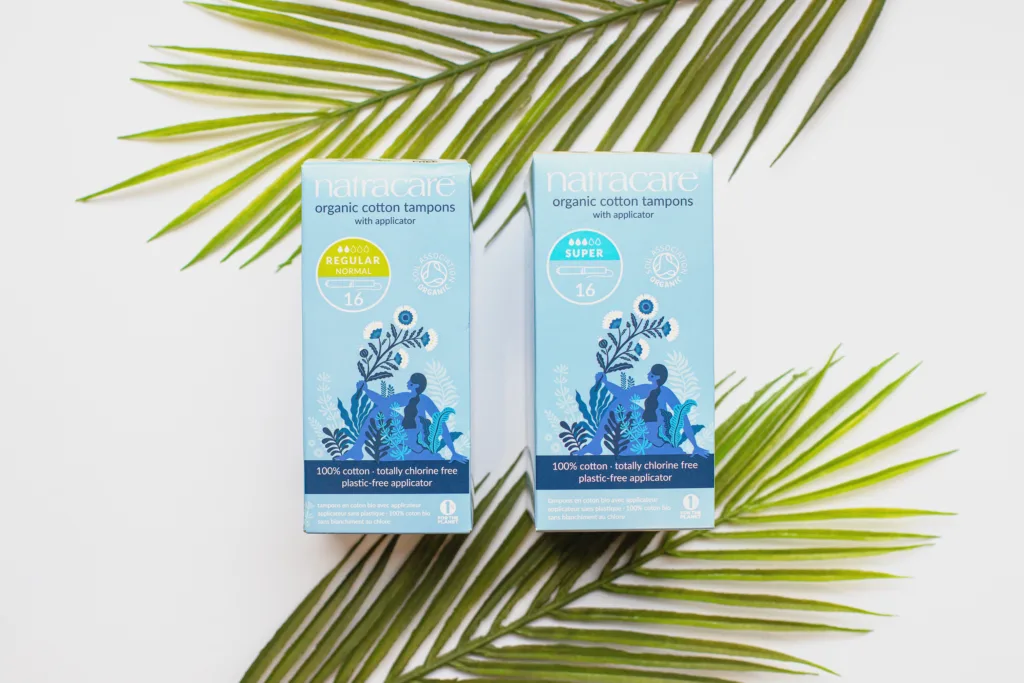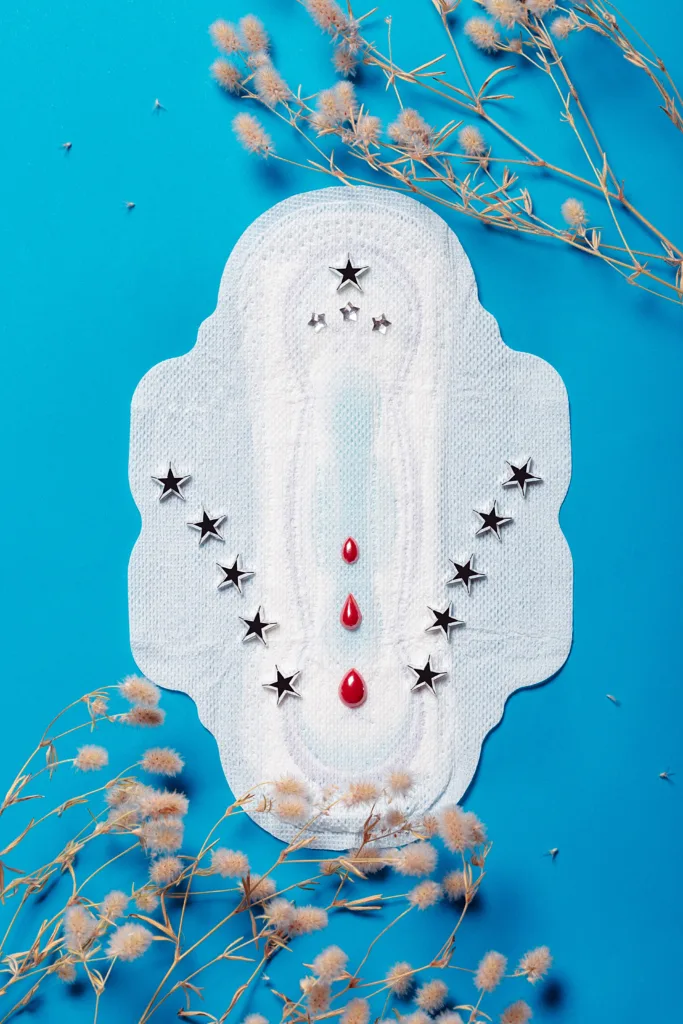As a woman, you know that sanitary pads are essential during your menstrual cycle. They provide the necessary protection and comfort during those days. But have you ever wondered if your pads expire? The answer is yes, they do.
The expiration date of a sanitary pad is generally listed on the package, along with the manufacture date. It is typically about five years from the time it is produced. However, this doesn’t mean that you should use a pad that has expired. Here’s why.
Expired pads may have unhealthy ramifications because there is a risk of bacteria growing on the pad, which could produce a fungal infection. This can cause symptoms like itching and an increase in vaginal discharge. No matter how light your flow is, or even if there is no flow, bacteria can build up. Using an expired pad could also cause bad odors, which can be uncomfortable and embarrassing.
It’s important to note that pads do not expire as long as they are stored in a cool, dry place. So, if you have a pack of pads that is within its expiration date, you can use them without any worries. However, if the package is damaged or the pads have been exposed to moisture, it’s best to dispose of them and get a new pack.
When loking for a pack of sanitary pads, always check the expiry date on the package. If you’re unsure about the expiration date, you can always contact the manufacturer for more information. It’s better to be safe than sorry when it comes to your health.
Pads do expire, and it’s important to pay attention to the expiration date. Using an expired pad could lead to health risks, so it’s best to dispose of them and get a new pack. Always remember to store your pads in a cool, dry place to ensure their longevity. Taking care of your menstrual health is essential, and using fresh and clean sanitary products is a crucial part of it.
The Consequences of Using Expired Pads
Using expired pads can lead to various health risks. The main risk is the growth of bacteria on the pad, which can cause a fungal infection. This infection can result in symptoms such as itching and an increase in vaginal discharge. Additionally, expired pads may not provide adequate protection during menstruation, and they may not be as absorbent as fresh pads. It is important to always check the expiration date on your pads and dispose of any that have expired to avoid any potential health concerns.

How Long Do Sanitary Pads Last?
Pads typically last anywhere from 3 to 4 hours, depending on the heaviness of your flow. It’s important to change your pad regularly to maintain good hygiene and prevent the buildup of bacteria, which can cause bad odors and potentially lead to infections. If you have a heavier flow, you may need to change your pad more frequently, possibly every 1-2 hours. It’s also a good idea to change your pad before and after physical activities, such as sports or exercise, to ensure you stay fresh and comfortable throughout the day. Ultimately, it’s important to listen to your body and change your pad as oftn as necessary to maintain good hygiene and comfort during your period.
Identifying Expired Pads
To determine if a pad is expired, you should check the packaging for the expiration date. The expiration date is usually listed alongside the manufacture date and is typically abut five years from the time the pad was produced. Make sure to check the date before using the pad to ensure it is still safe and effective to use. Using an expired pad can increase the risk of infection and may not provide the necessary protection during your menstrual cycle. If you are unsure about the expiration date, it is best to purchase a new pack of pads to ensure you have safe and effective protection.
The Shelf Life of Unused Pads
Unused pads, such as menstrual pads or nursing pads, do not have an expiration date. However, their shelf life can be affected by how they are stored. It is recommended to store them in a cool, dry place, away from direct sunlight and heat sources. Exposure to moisture, humidity or extreme temperatures can cause the pads to lose their effectiveness or even develop mold. Therefore, it’s important to always store unused pads properly and check them for any signs of damage or deterioration before use. if stored correctly, unused pads can last for an indefinite period of time.
The Risk of Mold Growth on Pads
Pads can get moldy if they are left soaking in water for an extended period, typically more than a day. The moisture trapped in the pads can create the perfect breeding ground for mold to grow, leading to an unpleasant smell and potential health risks. It is important to avoid soaking your pads for extended periods and to change the water frequently to prevent mold growth. Additionally, proper washing and drying techniques can help keep your pads clean and mold-free.

How Long Does It Take for Pads to Decompose?
Pads, along with tampons, are commonly used menstrual products by women worldwide. However, these products have a significant impact on the environment beause they take an extended period to break down, contributing to plastic waste. On average, pads take about 500-800 years to decompose fully. This is because most pads are made of plastic and synthetic materials that do not biodegrade easily. As a result, these materials remain in the environment for a long time, causing harm to the ecosystem. Therefore, it is essential to consider eco-friendly menstrual products such as reusable pads, menstrual cups, or organic cotton tampons to reduce waste and help the environment.
Is Having Two Pads a Day Normal?
It is normal to have 2 pads a day during your period. The flow volume and duration of periods can vary from person to person, and it is difficult to define a universal norm for the number of pads or tampons used per day. On average, a person may use 1 to 7 normal-sized pads or tampons during a period, depending on their individual flow volume and preferences. However, if you feel that your flow is significantly heavier or lighter than usual, it is always a good idea to consult with a healthcare provider to rule out any underlying medical conditions.
Is Five Pads a Day Normal?
Using five pads a day during menstrual bleeding can be considered normal if the pads are of a regular size and soaked to their maximum capacity. However, the number of pads used can vary depending on the individual’s menstrual flow, which can be affected by factors such as age, hormonal changes, and certain medical conditions. It is important to note that using more than seven pads a day or experiencing heavy bleeding that lasts for more than a week could be a sign of an underlying health condition and should be discussed with a healthcare provider. Keeping track of the number of pads used during a period can help women btter understand their menstrual flow and potentially identify any changes that may require medical attention.
The Effect of Pads on Menstrual Cycle Length
Pads do not shorten your period. The length of your period is determined by your menstrual cycle and the shedding of the lining of your uterus. Pads and tampons are simply products used to manage the flow of blood during your period. While it is true that some people may feel more aware of their period when using pads, this is lkely due to the sensation of wearing a pad rather than any physical effect on the length of the period. It’s important to remember that every person’s period experience is unique, and what works best for one person may not be the same for another.

The Safety of Using Expired Cotton Pads
It is not recommended to use expired cotton pads as they may have deteriorated over time, making them less effective and potentially unsafe for use. Expired cotton pads may also have accumulated bacteria or other harmful microorganisms during storage, which could cause skin irritation or infection when applied to the skin. It is best to dispose of expired cotton pads and obtain new ones to ensure optimal hygiene and safety. Additionally, it is important to store cotton pads in a cool, dry place away from moisture and direct sunlight to ensure their longevity and effectiveness.
What To Do When You Forget Pads
Forgetting pads can be a stressful situation, but there are a few options you can consider. Firstly, you can ask a friend or colleague if they have any pads to spare. If this isn’t possible or you feel uncomfortable asking, you can use toilet paper or paper towels as a temporary substitute. Fold and stack them to create a makeshift pad, making sure it’s at lest half an inch thick and roughly the size of a standard pad. If you have access to a store, you can purchase pads or tampons. Some public restrooms may also have vending machines that dispense feminine hygiene products. In the future, consider keeping a spare pad or tampon in your bag or desk for emergencies. Remember, it’s normal to forget or run out of pads, and there are always options available to manage your period.
Do Feminine Products Have an Expiration Date?
Feminine products do expire. The shelf life of these products can vary depending on the type of product and how it is stored. Tampons typically have a shelf life of about five years, provided they’re left in the package undisturbed and not exposed to excessive moisture. Pads also have a shelf life of about five years if they’re stored in a dry place away from direct sunlight. Menstrual cups can last for up to 10 years if they’re properly cared for and cleaned between uses. However, it’s important to note that expiration dates on feminine products are not always clearly marked. It’s important to check the packaging for any expiration dates or signs of damage bfore using any product. Using expired feminine hygiene products can increase the risk of infections and irritation. It’s best to err on the side of caution and replace any products that have been stored for a long period of time or show signs of damage.
Disposing of Used Pads
When it comes to disposing of used pads, it’s important to remember that they are considered medical waste and should be handled with care. First, it’s recommended to wash your hands thoroughly bfore handling the used pad. Next, you can wrap the pad in toilet tissue or an old newspaper to prevent any leaks. Then, you can dispose of the wrapped pad in a designated sanitary bin or trash can with a lid. It’s important to never flush pads down the toilet as they can cause blockages in the plumbing system. If you are in a public restroom, look for a designated bin for sanitary waste disposal. wrap the used pad, dispose of it in a designated sanitary bin, and wash your hands thoroughly afterwards.

Conclusion
It is important to be aware of the expiration date of your sanitary pads. Expired pads can pose health risks such as the growth of bacteria and fungal infections. It is recommended to change pads every 3-4 hours, especially if you are active or have a heavy flow. When purchasing pads, always check the expiration date to ensure that you are using a safe and effective product. Remember that pads do not expire as long as they are stored in a cool and dry place, and the typical expiration date is aroud five years from the production date. By being mindful of the expiration date and practicing good hygiene habits, you can ensure your menstrual health and well-being.
